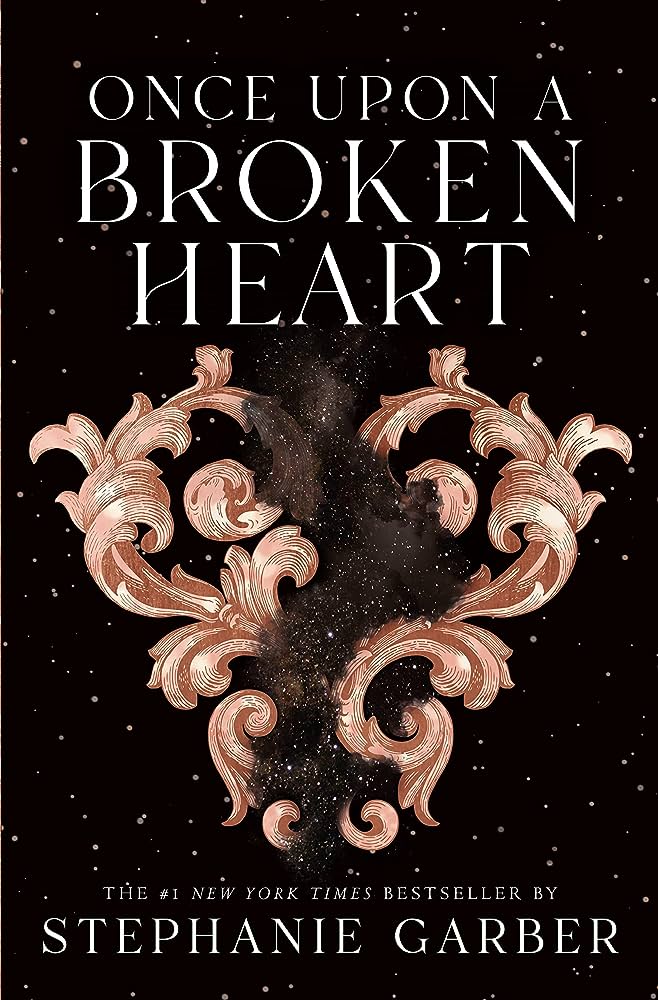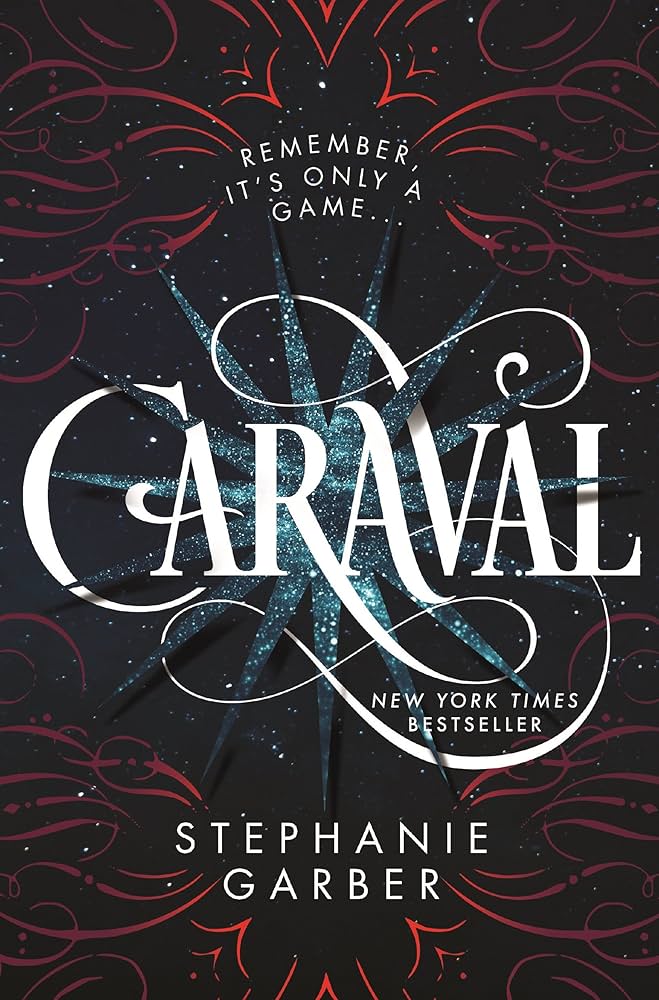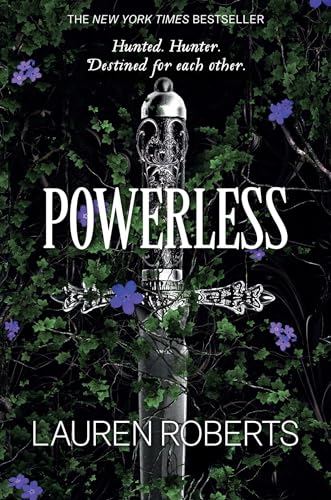Author Interview: The Literary Spotlight with Author William Lynes
Meet author William Lynes, a distinguished figure in both the medical and literary worlds. Born in 1953, Dr. Lynes is not only a seasoned urologist with board certification but also holds the esteemed honor of being a member of the Alpha Omega Alpha society. As a devoted family man, he navigates the roles of husband and father to three children alongside his professional endeavors.
However, Dr. Lynes’ journey extends beyond the operating room and into the realm of storytelling. His passion for literature ignited during his pursuit of medical education in 1975 when he was advised to immerse himself in reading to enhance his application. This advice sparked a lifelong love affair with fiction, particularly the art of character creation. Inspired by literary giants like Charles Dickens, whose characters have become ingrained in our cultural lexicon, Dr. Lynes harbored ambitions of crafting equally memorable figures.
In 1990, his children approached him with a request to feature in a story, thus planting the seeds for his debut work, “Pirates, Scoundrels, and Kings,” a fantasy-adventure tale set in medieval times with his family as the protagonists. Published in 2012, this marked the beginning of Dr. Lynes’ literary odyssey, which has since blossomed into a prolific career spanning eight novels, each delving into the captivating world of medical thrillers.
Beyond his literary pursuits, Dr. Lynes is a survivor and vocal advocate for addressing physician burnout, mental illness, and the challenges of navigating multiple suicide attempts. Through his writing and advocacy, Dr. Lynes illuminates the human experience with depth, compassion, and a keen understanding of both the medical and literary landscapes.

Introduction:
Cyra: Could you please introduce yourself and tell us a bit about your writing background? What inspired you to become a writer, and how did your writing journey begin? Can you tell us more about your journey in the medical field?
William: I am a physician (b1953), a board-certified urologist, an Alpha Omega Alpha honoree, a married father of three, and an author. I am a survivor and advocate of physician burnout, mental illness, and multiple suicide attempts. When I applied to medical school in 1975, I was told to improve my application by reading. “Always have a book you are reading,” I was told.
I began reading fiction and fell in love with it, especially the process of creating a character. Charles Dicken’s characters are now grammatical terms, for example, Scrouge, and I thought I might follow suit someday. To create a character like that was fascinating to me. In 1990, my three kids came to me with the request to be in a story. Pirates, Scoundrels, and Kings were my answer. It is a fantasy-adventure story set in medieval times with my family as the main characters. It was published in 2012. Since then, I have written eight novels, the last areall medical thrillers.
Physician Burnout and Mental Health:
Cyra: Could you elaborate on your experience with physician burnout, depression, anxiety, and bipolar affective mood disorder? How did these challenges manifest in your professional and personal life?
William: I attended medical school at the University of Texas Medical Branch in Galveston, Texas. I completed a surgical/urological internship and residency at Stanford University Medical Center. In 1987, I began a general urologic surgical practice at Southern California Permanente Medical Group in Riverside, California. My personal/surgical life, from 1987 to my retirement in 2003, can be divided into two distinct eras. From 1987 to 1998, I had a busy, happy, and successful practice and family life. We were very involved in the church, community, and sports.
In 1998, I experienced two life-threatening, catastrophic medical conditions. The first was septic shock after a trip to Mexico, and it involved four weeks on the ventilator and six weeks in the intensive care unit with a forty-pound weight loss. Unfortunately, just one year later, I had a snow-boarding accident with a trip to the ICU/ and five facial surgeries.
I returned to practice after rehab, but I was never the same. There began a second era in which I experienced a downward spiral into darkness manifested by deep black depression.
I found out that I had bipolar-affective mood disorder, began over one hundred antidepressant/mood stabilizers, and had over 30 electroshock treatments. I am a born- again Christian. I prayed, read the Bible, and attended Church, but nothing I did seemed to help me. I was a victim of demonic lies about my qualifications and abilities. I turned to
suicide on three occasions. I retired from clinical practice to save my life in 2003.
After my retirement in 2003, I was a miserable human being. Hiding from everyone, especially the medical profession, I was a hermit. In 2017, God showed me that I should publish my story. I wrote and was published in the Annals of Internal Medicine, The Last Day.
Which chronicled the last day of my medical practice and suicide attempt. Since then, I have advocated to the world concerning physician burnout and the suicide problem associated with it through writing, advocacy, and speaking.
Authorship:
Cyra: Your novel, “A Surgeon’s Knot,” seems to draw inspiration from real-life experiences. How did your journey influence your decision to write about the challenges faced by physicians, particularly through the character Jackson Cooper?
William: Jackson Cooper is, in many ways, myself. Except for his struggles with narcotics. His experiences, responses, and story, in general, come directly from my surgical training at Stanford in the early 80s. I am the piece of him that suffers from depression and bipolar affective mood disorders, physician burnout, severe disappointments, and feelings of failure.
Sequel – “A Surgeon’s Tale”:
Cyra: Could you share more about the inspiration and themes behind your latest novel, “A Surgeon’s Tale,”; and how it continues the story of Jackson Cooper?
William: The survival of Jackson Cooper in A Surgeon’s Knot is a God-driven miracle. The second year of his surgical training continues in A Surgeon’s Tale; in this novel, Jackson continues as a second year now urologic resident during the second of his six years in the residency program. He continues to struggle with the stress and strains of surgical training, and he fights the narcotic addiction that he continues to struggle with.
Medical Thriller Genre:
Cyra: Your novels fall into the medical thriller genre. What motivated you to choose this genre, and how do you believe it helps convey the challenges faced by medical professionals?
William: My experiences in medical school, internship, residency, and private practice are rich sources of stories from an exciting world of medicine.
Character Development:
Cyra: In your novels, you explore the life of Jackson Cooper, MD. How much of your personal experiences and struggles with burnout and mental health are reflected in the character’s journey?
William: Many of Jackson’s personality and medical experiences are related to my own experiences. I, praise God, have never suffered from a narcotic addiction. I have experienced severe mood disturbances, with depression as the primary culprit.
Writing Process:
Cyra: Can you share insights into your writing process? How do you approach the task of translating your real-life experiences and medical knowledge into engaging fiction, and what advice would you give to aspiring writers looking to blend personal experiences with storytelling?
William: I do not write daily, but only when led by the holy spirit. During these periods, the writing flows out rapidly. I wrote A Surgeon’s Tale in one month, for example. All of my writing has a Christian theme underlying the novel, and I am very dependent on the leading of the Spirit. I do not outline the books before writing but rather keep notes as I complete the chapter.
Balancing Realism in Fiction:
Cyra: Writing medical thrillers involves portraying realistic medical scenarios while engaging readers in a fictional narrative. How do you balance the need for accuracy in medical details with the creative aspects of storytelling to make your novels both informative and captivating?
William: I try to tell a story about the medical community. I introduce medical details as needed and explain them only to the level necessary to understand the story. The characters, scenes, plot, and stories come from what I have seen during my years in clinical medicine. Little is made up, but little is completely based on a single person or event.
Message to the Medical Community:
Cyra: As a survivor, advocate, and speaker on physician burnout, what message would you like to convey to the medical community regarding mental health and the challenges faced by physicians?
William: The medical profession is sick. The root of this illness is the encroachment of big business and government on the sacred physician-patient relationship. Physician burnout is a symptom of this deterioration. Only solutions that address this deterioration will improve this illness, which threatens to destroy the noble medical profession.
Future Projects:
Cyra: Could you give us a sneak peek into any upcoming projects both in terms of your advocacy work and your literary pursuits? Do you have any upcoming projects or goals you would like to share?
William: I am active in writing and publishing advocacy essays and podcasts on the physician
burnout subject.
https://www.kevinmd.com/?s=lynes
I write biblical-based short stories, including: https://clayjar.review/issues/far-off-
country/the-second-thief
My next full-length novel, A Surgeon’s Tale, is published by Black Rose Writing and due out on 10/17/2024.
Favorite Quote:
Cyra: What’s your favorite quote that keeps you going in life?
William: John 14:6 “I am the way and the truth and the life. No one comes to the Father except through me.”
Follow Author William Lynes-> Instagram, Website





